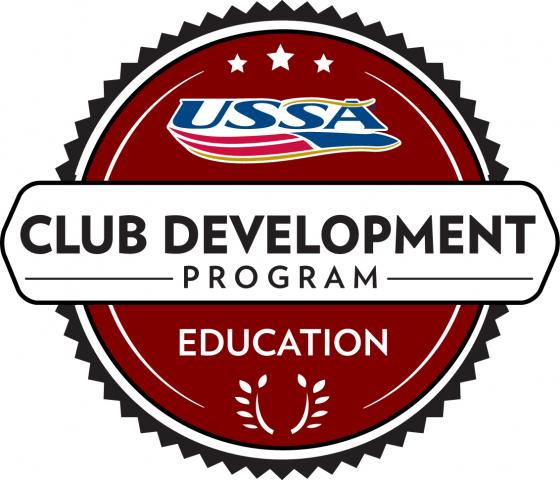Identify the date and site of arrival
Identify the window of time for athlete arrival
Identify coach and location for first contact at the site (normally airport arrival baggage claim) and provide emergency numbers (first contact coach will stay at the arrival site until all athletes have arrived).
If athletes are 14 years of age or under, USSA staff will make parents aware they should check with their airline on the “unaccompanied minor” travel policy.
Parents should alert the USSA staff as to the procedure if required by their airline, or requested by parents. Depending on the specific airline, parents may be able to request and purchase supervision for unaccompanied minors up to the age of 18. The first contact coach will follow the airlines unaccompanied minor procedure to acquire the athlete.
At the first evening meeting of the project, the USSA project leader will require that all athletes enter emergency numbers of the project staff into their cell phones. If an athlete does not have a cell phone at the project, staff will provide the athlete with coins for a telephone call and a card with staff’s emergency cell numbers.
The athlete will be required to carry the card with them at all times during the project. Describe and promote the “buddy system” for minors at projects.
Athletes will be instructed on use of emergency numbers.
All athletes, and the parents of minors, are required to sign a team agreement which spells out project conduct expectations in addition to the USSA Code of Conduct.
All coaches will be USSA members and have successfully completed the background screening.
All coaches must adhere to and support the conditions of the USSA Code of Conduct When possible, both genders should be represented on the coaching staff.
Coaches will work with athletes in an open environment (avoiding private or unobserved situations with athletes)
Coaches will attend all team meetings.
All coaches will have a complete list of athletes and their cell numbers.
There will be at least one coach at the lodging accommodations at all times that athletes would be at the accommodations.
Coaches will assist with supervision of athletes, including room checks every night.
Room checks will be unannounced.
There will be no female athletes in male athlete rooms, and no male athletes in female athlete rooms.
Staff must be informed of athlete whereabouts at all times. Athletes are required to officially “check-out” with the coaching staff , if they will be away from their assigned lodging during athlete free time.
Any staff that will be interfacing with the athletes must have cleared and be current with the USSA background screening process.
The Project leader will have possession of medical releases for every athlete at all times, including emergency contact information of parents.
Coaches will report any suspicion of infraction of project rules and code of conduct, abuse or bullying, to the project leader for investigation.
If athletes have driven private cars to the project, they may not provide transportation to other athletes.
Fifteen passenger vans may not be used for any USSA project.


